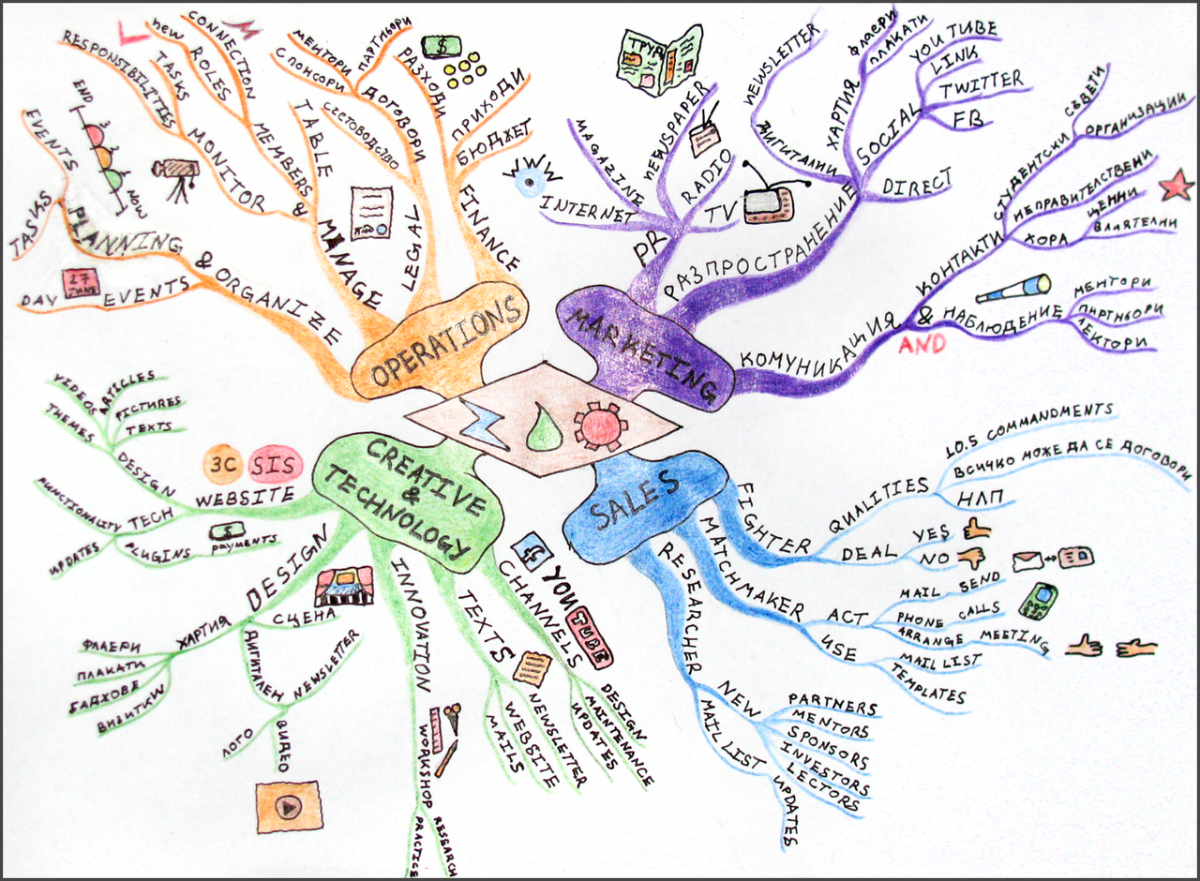What about the Mind and Memory?
Eagles Corps Karate

The Article
What about the Mind and Memory?
I believe the physical mind stores memories by the neurological linking of cell structure in the mind. Some people talk about suppressed memories and blocked out thoughts. Laying aside the question of validity of the research done on that subject, there seems to be people that do do these things. Thus if there is a block in your mind, it might be necessary to approach the memory from another avenue of thought. Perhaps, thought patterns are also stored in physical neurological patterns that your consciousness follows. Certainly, many neurological pathways fire at once and so numerous pathways of thought are possible at once.
Now, when discussing memory, we need to preface any discussion with the fact that there are many different ways of learning and memorizing. There are kinesthetic, oral, audio, and visual learners just to name a few different styles. Then there are those that remember a conversation based on the emotion that they felt at the time they were having the discussion. These people remember, not the exact words that were used, but the impression of those words on their emotions. For others, it is all about spatial relationships. They have to remember where they physically were to remember what the conversation was.
Perhaps one of the best ways to learn/remember is to link everything you learn or experience with other things you know. Then you have several ways to access the information. Repetition is supremely vital, but even if you go over something a million times, it will still be forgotten if it is not linked to other things. You must have an access to that neurological pattern to access the memory. The more paths you have established to a certain idea, the longer the memory will persist. Information constantly used is remembered not only because of the repetition, but also because it is accessed from a variety of states of mind and in different surrounding circumstances. This is especially true of memorizing something, for instance a passage of Scripture. If you only say the passage at a certain time of day or in a certain place, sometimes it is unexplainably more difficult to recite the same passage in a different situation. This is also true in martial arts training. Often times, the student will be so used to doing a pattern or kata in a certain place or direction. But if the instructor changes the orientation of the student by making him face a different wall, for instance, the student often finds himself tripped up mentally. So, the only way to really learn the Scripture passage or the physical form of a martial arts pattern is to do it in as many ways, circumstances, and places as possible.
Formulas, postulates, laws, and equations are vital to initial learning in each of their academic fields. But if one only memorizes one formula for whatever algebra problem and only uses that one formula, it is easily forgotten after a period of misuse. But if you use your mind to understand the principle behind the formula it is easier to retain. Find out why an algebra formula works and even work out other ways to solve the same problem. You will remember it much longer. This is because you have more than one hold on the principles behind the formula.
When I was in algebra, I had a terrible time understanding and remembering the formulae. That was until I realized that there were other ways to come to the right answer. Once I understood the formula from more than one view point, then I remembered the entire issue. The original formula was easy to remember. Of course, this was no end of frustration to my algebra teacher. He knew how the formulas worked from the book. That was enough for him. He could not understand why I needed more. I have a feeling that he thought I was just being disruptive. But no, honestly, I just needed a little something more to get it.
Thus, you can learn something better by relating one bit of information or fact to a multitude of other ideas. Do not just accept a statement from you teacher. Ask why it is true. Use your critical thinking and it will help you retain the information. How does this fact relate to all the other facts you have on the subject? What implications would this new information propose? This is also true in spiritual things. Do not just believe what you are told. Go to the source, the Bible, and find out if it is true. If it is true, why is it true? Only when you find out why you believe something do you really understand what you believe.
by Andrew Grosjean 1993
Author's Note
This article was written in approximately 1993, laying aside some recent editing. This was written during the college years when I was working for my BRe.
This article is a continuation of a series. The first one was "What about the Soul?" and then "What about the Spirit?" Please refer to these articles as well.









